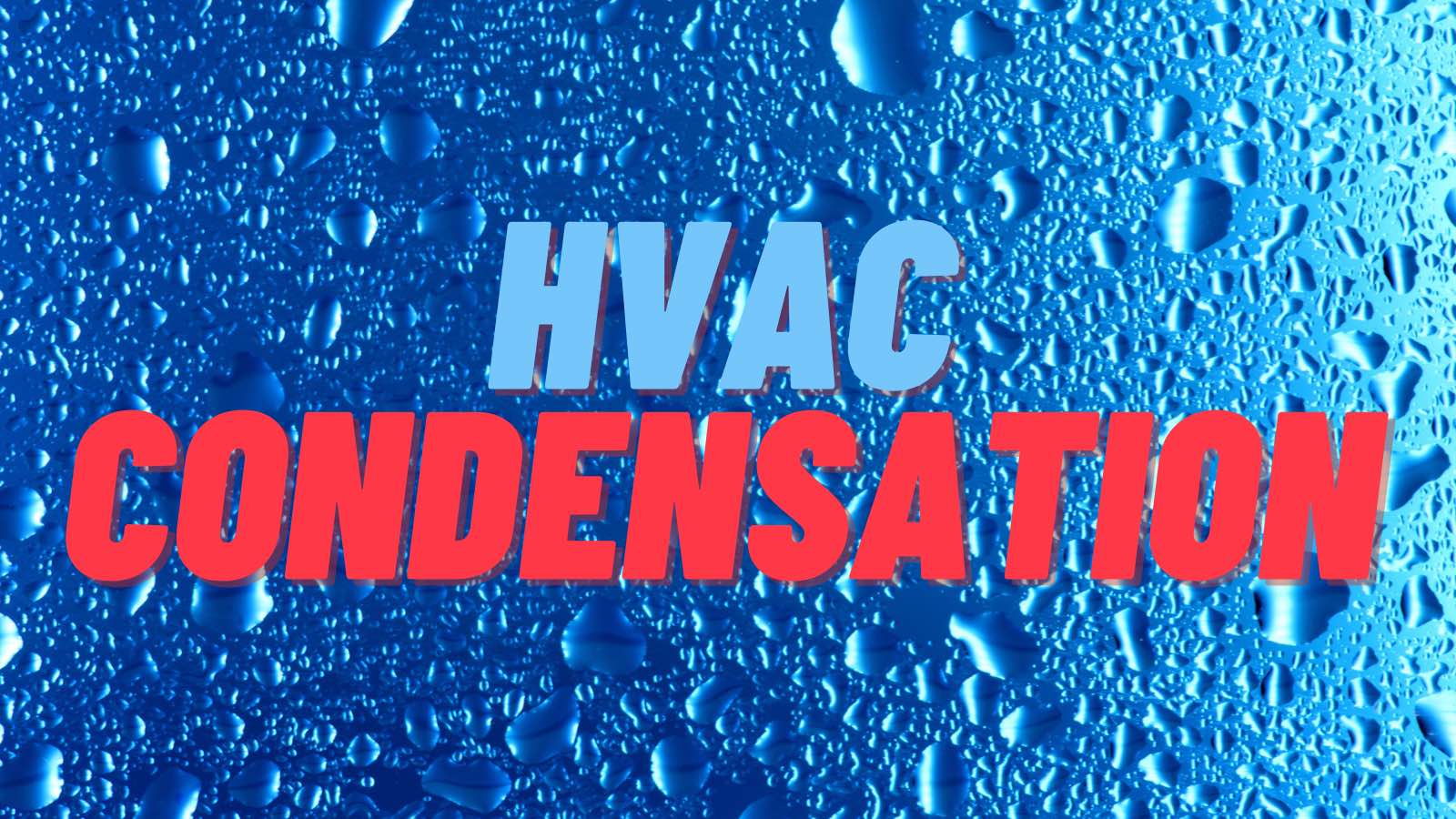
Removing HVAC condensation is an important function of your air conditioner. That’s why an AC is called an air conditioner and not merely an air cooler. Because excess humidity retains heat, the indoor environment can be difficult to cool efficiently.
The process of reducing indoor humidity by converting it into liquid condensate occurs at the AC indoor evaporator coil. A typical residential air conditioner may generate 20 gallons or more of HVAC condensation on a hot, humid summer day — if nothing goes wrong. If a problem occurs, however, here are several potential issues that could potentially affect your air conditioner.
Overflowing Condensate
Condensate continuously forms as warm humid indoor air passes through the frigid AC evaporator coil. This liquid collects in a shallow drip pan under the indoor air handler and flows through a pipe into the home’s drain system. If the pan or drain pipe clogs, however, overflow rapidly occurs and spillage may damage AC components and the surrounding structure.
Regular scheduled maintenance by a qualified HVAC contractor includes inspection and cleaning of the condensate collection pan to prevent algae, mold growth, and other sources that cause clogs.
Low Airflow
If the AC system airflow is too low due to a clogged filter, duct leaks, or other factors, the evaporator-coil temperature will drop below freezing. Condensate forming on coil surfaces freezes and ice accumulates, expanding beyond the drip pan below. When the AC shuts down, the rapidly melting ice may inflict water damage.
Clean air filters are essential for proper system efficency regardless of the season. During air-conditioning season it will support maximum airflow and aid in preventing coil icing.
Refrigerant Leaks
Leaking refrigerant initially causes the evaporator coil to drop below freezing. Ice forms on the coil and refrigerant lines, then rapidly melts when the system shuts down. Damage from HVAC condensation may affect AC components as well as adjacent structures of the house. Checking the refrigerant charge and repairing any leaks is a job for a qualified HVAC service technician.
For more about how HVAC condensation affects operation and efficiency of your central air conditioner, talk to the pros at Jackson & Sons.